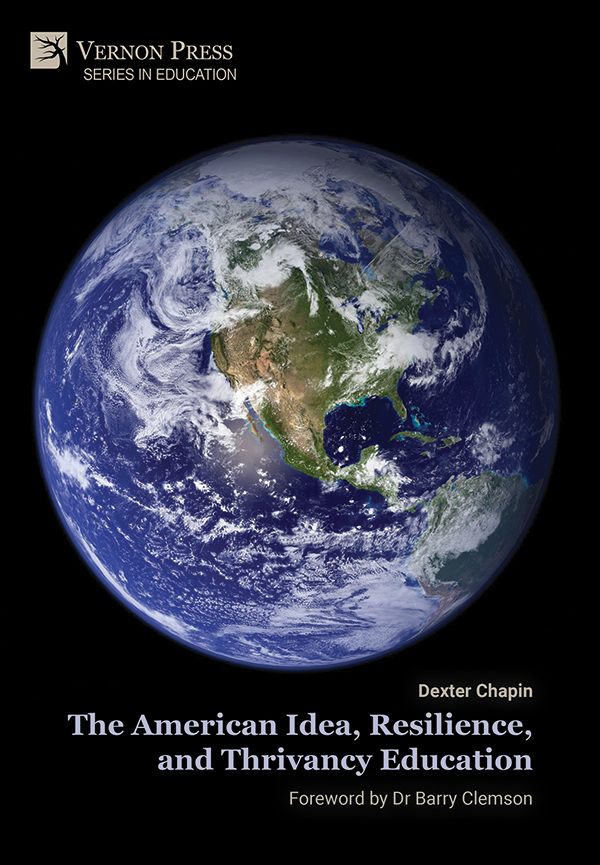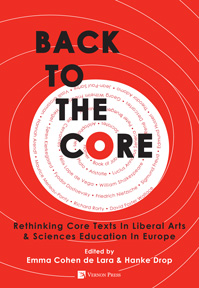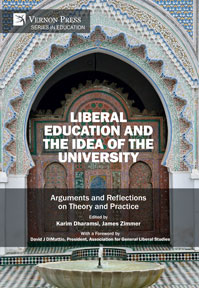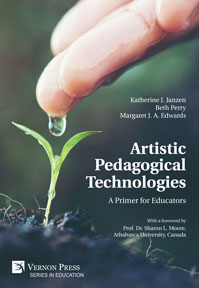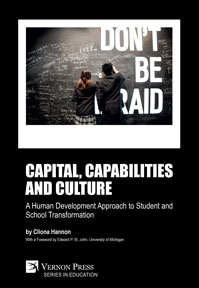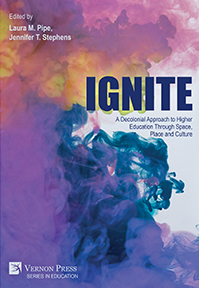Purchase this book
(click here to change currency)
Chapin presents a thoughtful model for transforming the American education system into a catalyst for developing a healthier, more viable society. After providing an overview of destructive currents from the last seventy years that diminished the expression of the American Idea, Chapin unveils an antidote. A blueprint emerges for reinventing organizations and companies that prioritize the community good beginning at the foundational level of how we educate children. For anyone interested in an insightful presentation on moving the American experiment forward I strongly recommend this book.
Joe Loftin
President
Global Culture Education Initiative
There are more than enough resources to go around in the United States if we could stop long enough to see that the oligarchs and would-be authoritarians are putting us against each other. This competition prevents mutual thriving, and keeps us all struggling for no reason other than it benefits those at the top.
Dexter Chapin’s book will take readers along and show you the story of how we got to this moment and help his readers reclaim their powers of imagination to see that another world is possible. A better world is possible. Chapin’s book is a must-read as we struggle to keep our democracy from being dismantled in the next several election cycles.
Anna Elisabeth Howard
Author of "Inward Apocalypse: Uncovering a Faith for the Common Good"
Founder of 'Wild Thriving'
This book is about a path forward, creating cultural resilience so rising generations of Americans can thrive. In 1995, William Strauss and Neil Howe predicted that by 2025, America would be in crisis. It has arrived on schedule. Do we have, or can we develop, the cultural resilience to navigate the crisis, protect and maintain the American Idea, and come out the other side in a better place than we are now? Our resilience depends on the number of alternative paradigms we have available to us, fewer paradigms, less resilience. For fifty years, there has been a dominant, white male, cultural paradigm, driving others to the margins, and slowly devolving into an ideology. Ideologies truncate resilience and preclude Thrivancy. How did we get here and how do we get out?
List of Figures
Foreword by Dr Barry Clemson
Preface
Acknowledgements
Chapter 1 Introduction
Chapter 2 How Did We Get Here?
Chapter 3 What Is Resiliency
Chapter 4 Paradigm Development and Function
Chapter 5 How Do We Change Paradigms to Build Resilience?
Chapter 6 The Resiliency Paradigm and Thrivancy Education
Chapter 7 Thrivancy Education Management
Chapter 8 Can the American Idea Survive?
References
Index
Dexter Chapin recently retired after more than 50 years in K-12 education at every position between student-teacher and Superintendent in a variety of school types in four countries. He taught the full range of the K-12 Sciences, African and State Histories, and Cultural Anthropology. Formal training includes a Stanford University BA in Anthropology / Biology, an MA focused on international education, and a PhD in the Social Foundations of Administration, with a focus on the cybernetics of social systems, both from The University of Maryland, College Park. Additional training was gained at The University of California, Santa Cruz, North Carolina Central University, and elsewhere. Dexter Chapin was ineligible for the draft and could therefore be away from academia to build bowling alleys, train dolphins, crew research vessels, serve as a seismic refraction field crew, operate heavy equipment building salt marshes, be a motorcycle mechanic / sponsored rider, and hitchhike in Africa. But Truth be told, the life-changing experiences were spending time as Gregory Bateson’s project assistant and being trained by Barry Clemson and Dan Huden. He is the author of 'Master Teachers: Making a Difference on the Edge of Chaos' (2008).
Sir Stafford Beer, Gregory Bateson, Robert Fulghum, Viable Systems Model, Evaluability Assessment, Building out From the Middle, Gen Z, Republican Party, Scavenger Oligarchs, Natural History, Expeditionary Learning, marshmallow schools, social capital, ecological services, control versus autonomy
See also
Bibliographic Information
Book Title
The American Idea, Resilience, and Thrivancy Education
ISBN
978-1-64889-948-5
Edition
1st
Number of pages
168
Physical size
236mm x 160mm

